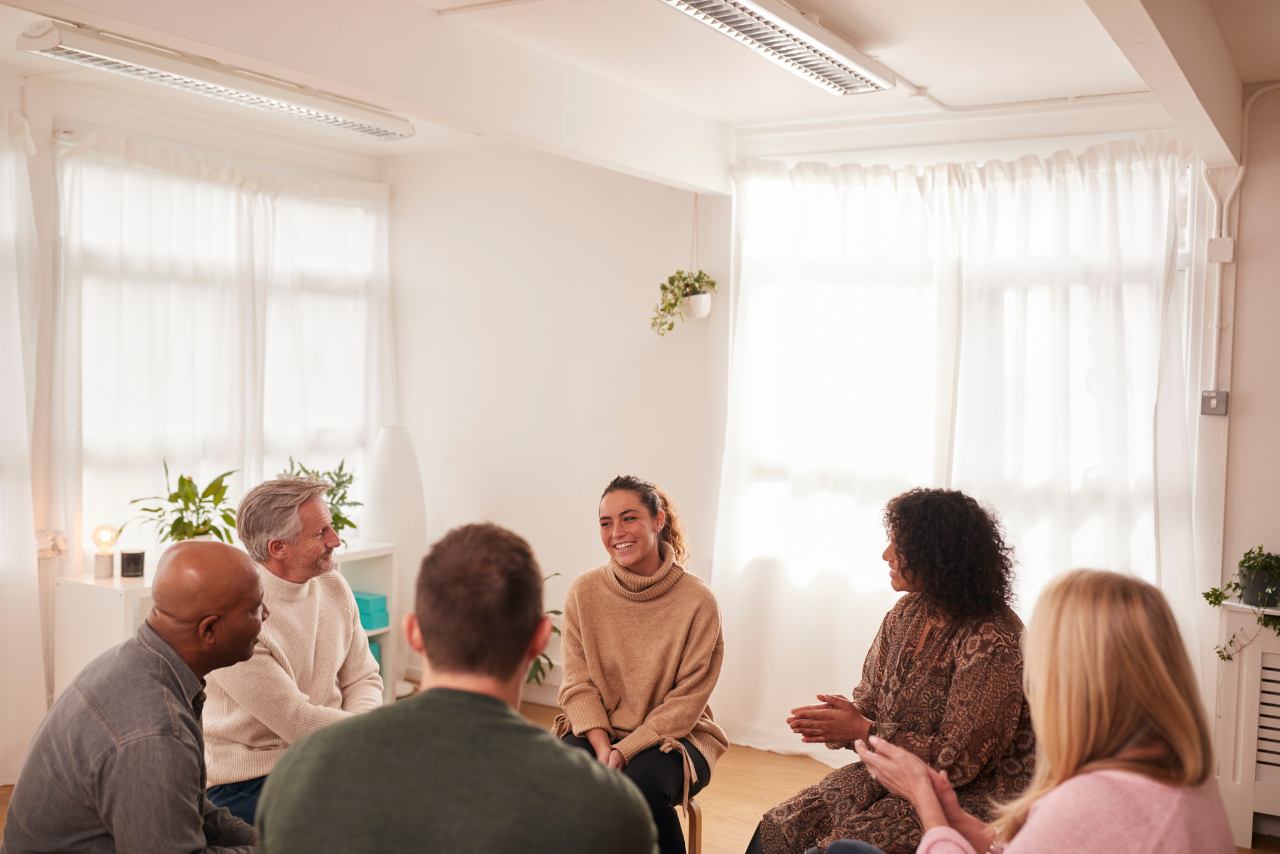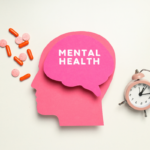
Is Self-Harm an Addiction?
Yes, self-harm can be considered an addiction, but it is more commonly described as a compulsion. People who engage in self-harm often develop a repetitive pattern of behavior to cope with emotional distress. While it’s not always classified as an addiction in the traditional sense, it shares many characteristics with addictive behaviors, such as intense urges, difficulty stopping despite harmful consequences, and continued behavior despite emotional or physical damage.
To learn more about mental health options at New Mind Wellness, call us today or verify your insurance online. We’re excited to help you start your personal recovery journey.
What Is Self-Harm?
Self-harm refers to intentionally inflicting pain or damage on one’s body, often as a response to emotional distress. This behavior is also known as self-injury, self-mutilation, or nonsuicidal self-injury (NSSI). While the question of is self harm an addiction is complex, many experts view it as a compulsive behavior rather than a true addiction. People who engage in self-harm may develop patterns of repeating the behavior, often as a way to cope with emotional pain. Although self-harm is not typically intended as a suicide attempt, those who engage in it have an elevated risk of developing suicidal thoughts or actions.
Types of Self-Harm
Self-harm can take many forms, including:
- Cutting, scratching, or burning the skin
- Inserting needles or other sharp objects under the skin
- Pulling out hair (trichotillomania)
- Punching oneself or hitting body parts against hard surfaces
- Excessive exercising
Warning Signs of Self-Harm
Those who self-harm often go to great lengths to hide their behaviors. Common signs of self-harm addiction include:
- Always wearing long sleeves and/or long pants, even in hot weather
- Avoiding swimming or changing clothes in front of others
- Frequent injuries that don’t seem to heal
- Making self-deprecating comments or showing signs of emotional distress
- Acting impulsively or emotionally
- Withdrawing from friends or family
Prevalence of Self-Harm
The secrecy surrounding self-harm makes it difficult to determine how prevalent this behavior is, but it’s important to recognize that self-harm addiction is a growing concern. Many individuals struggle with compulsive behaviors, making it harder to track the full scope of the problem.
According to the National Center for PTSD, experts estimate that 2%-6% of people in the United States will engage in some form of self-harm at some point in their lifetime. These behaviors are significantly more common among younger people, with estimates of the self-harm rate among students in the U.S. ranging from 13%-35%.
The National Center for Health Statistics, which is part of the Centers for Disease Control and Prevention (CDC) reports that self-harm injuries led to 660,000 emergency room visits in the U.S. in 2021.

Is Self-Harm an Addiction?
Self-harm can become addictive for some individuals, though it’s more commonly referred to as a compulsion. The behavior often provides a temporary sense of relief from emotional pain, which can create a cycle of repeated injury. However, this type of behavior shares traits with addiction:
- Intense urges to self-harm
- Difficulty stopping, even after experiencing harm
- Engaging in self-harm as a coping mechanism for stress or emotions
- Shame or regret following the behavior, yet continuing anyway
Unlike substance addiction, self-harm isn’t caused by chemical dependency, but the psychological cravings for emotional release or control can mirror those seen in addiction.
Addiction or Compulsion?
Addiction typically involves substances like alcohol or drugs, whereas self-harm is usually considered a compulsion. A compulsion is a repetitive behavior done to reduce anxiety or distress. People who self-harm may do so to feel something in moments of numbness or emotional overwhelm, similar to how some use substances to cope with pain. This cycle can create an unhealthy and compulsive behavior pattern.
Effective Treatment for Compulsive Injury Behaviors
Whether self-harm is an addiction or a compulsion, it requires treatment to stop the cycle and heal. The right approach will depend on the individual’s underlying issues. Treatments for self-harm may include:
- Therapy: Cognitive Behavioral Therapy (CBT) or Dialectical Behavior Therapy (DBT) can help individuals manage emotional distress and develop healthier coping strategies.
- Medication: Antidepressants or anti-anxiety medications can be prescribed to address underlying mental health conditions, such as depression or anxiety, which may contribute to self-harm.
- Holistic Therapies: Practices like yoga, mindfulness, and art therapy can be helpful in healing emotional wounds and improving self-esteem.
- Support Groups: Group therapy can provide a sense of community and reduce feelings of isolation.
At New Mind Wellness Center, we offer a variety of treatment options to help individuals struggling with self-harm. Whether through therapy, medication, or holistic approaches, our compassionate team works with clients to address the root causes of their behaviors and create long-lasting recovery strategies.

Get Help for Self-Harm in Pennsylvania
If you or someone you care about is struggling with self-harm addiction, it’s important to seek help from a professional. At New Mind Wellness Center, located near Philadelphia, Pennsylvania, we provide support for individuals with a wide range of emotional and mental health issues, including self-harm.
Our outpatient programs include Partial Hospitalization (PHP), Intensive Outpatient (IOP), and standard Outpatient Programs (OP). Our team is here to provide the care and guidance needed to help you or your loved one break free from self-harming behaviors and begin the healing process.
Call us at New Mind Wellness Center today, or visit our admissions page to learn more about our treatment options and to schedule a free assessment. We’re here to help you take the first step toward recovery.




